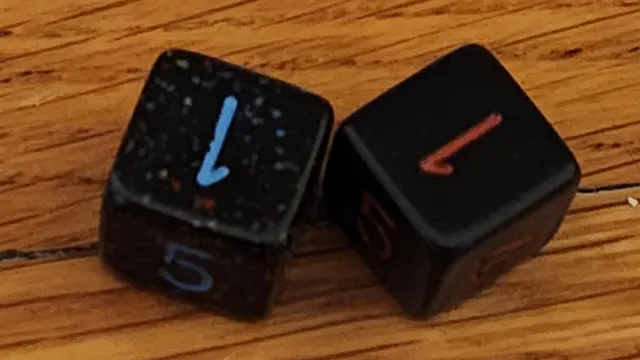The Snake Eyes Paradox
Blog post on a paradox in probability theory revolving around the "Snake Eyes Game": a game played by a potentially infinite pool of participants, with the actual number of participants doubling each round. Discusses multiple versions of the paradox and how they can be mathematically solved, as well as some philosophical issues relating to probability distributions over infinitely many outcomes.
Analytics
Comments
4.4
This was a great exploration of an apparent paradox that really just emerges from unclear language. I think it would have benefitted from a heavy edit to trim the content down and focus.
7.4
Wow you wrote a book.... :)
You could have written a chapter on the Surprise Quiz Paradox as to how it relates with this being something based on given information.
5.1
I can’t imagine how much work must have gone into this! It reads a bit like a series of lectures - it feels more verbose than a textbook would be, invites questions and discussion, etc. For example, I am not convinced about the EDT section, in part because longer games are less likely, so comparing absolute numbers doesn’t seem appropriate. Perhaps I missed part of the explanation.
I think 1/36 is very clearly the correct answer to the initial problem, so perhaps a more concise approach would be to move directly to variants where the answer really is different.
6.6
I've learned more about variants of the Snake Eyes Paradox after reading your article, thank you! I recommend taking this wonderful content to produce a 5-10 minute video summary that illustrates the mentioned variants.
5.2
I don't appreciate having popups appear when I'm trying to read. If you could have turned that off, you really should have done. I didn't mark down the maths score for it, but that does annoy me.
As far as the article itself. Interesting, but probably too long for an SoME entry. This is about three entries' worth, I reckon.
